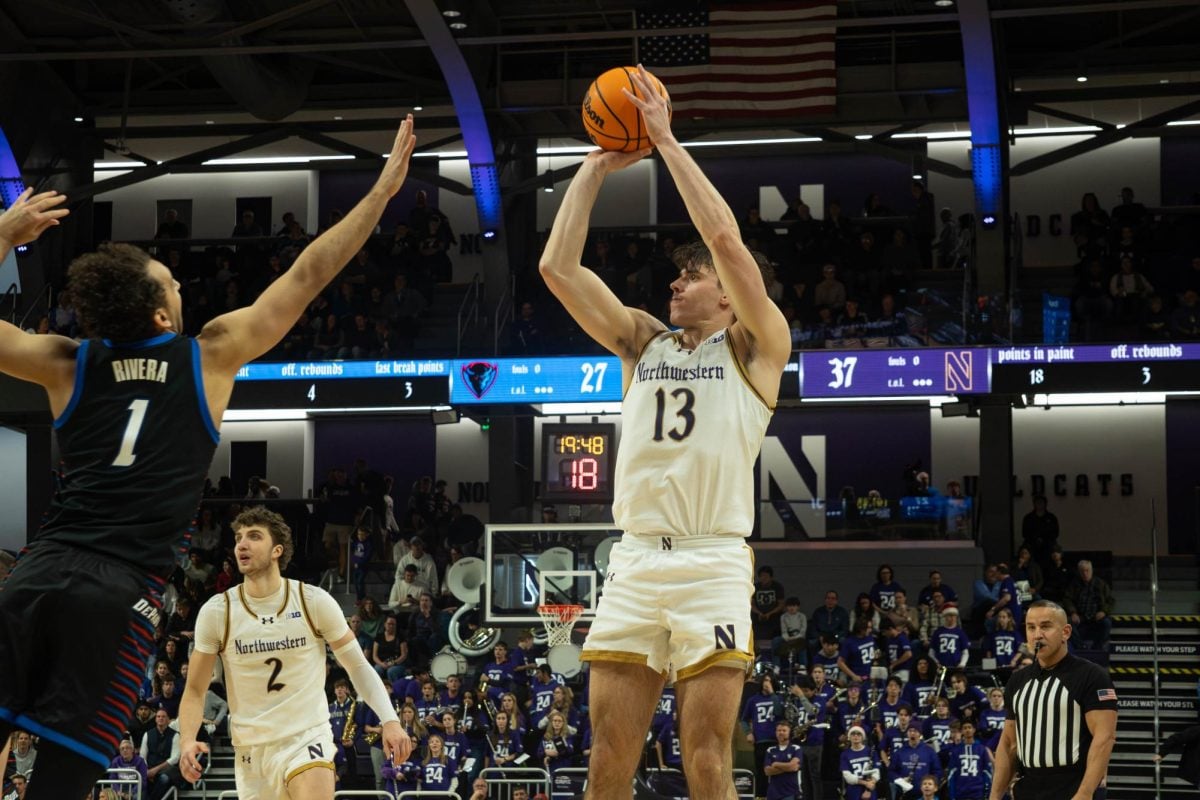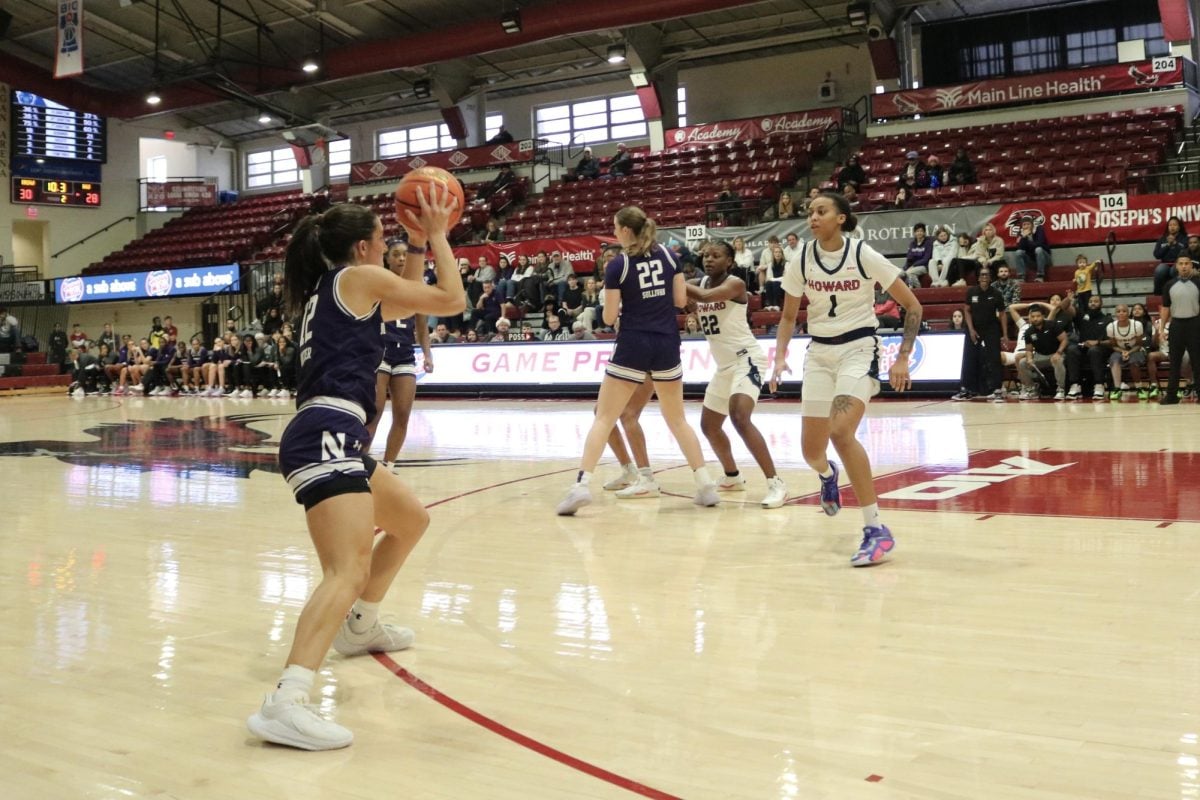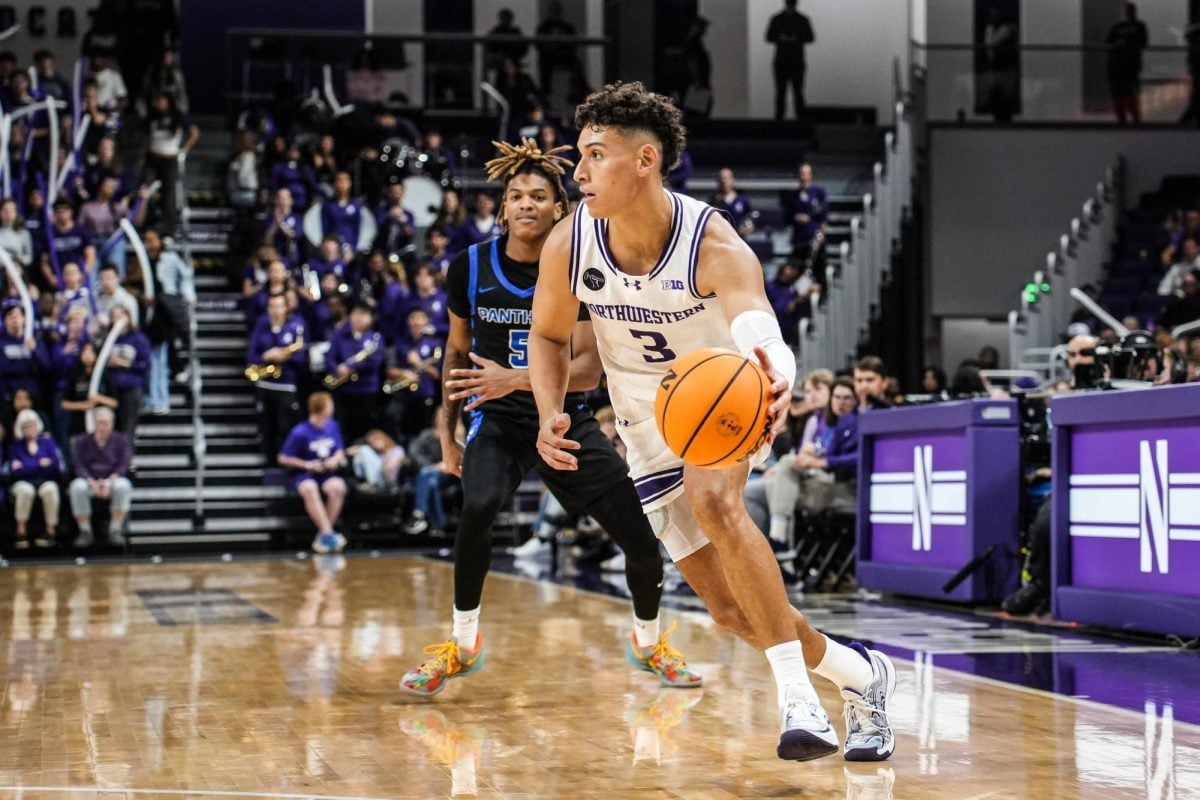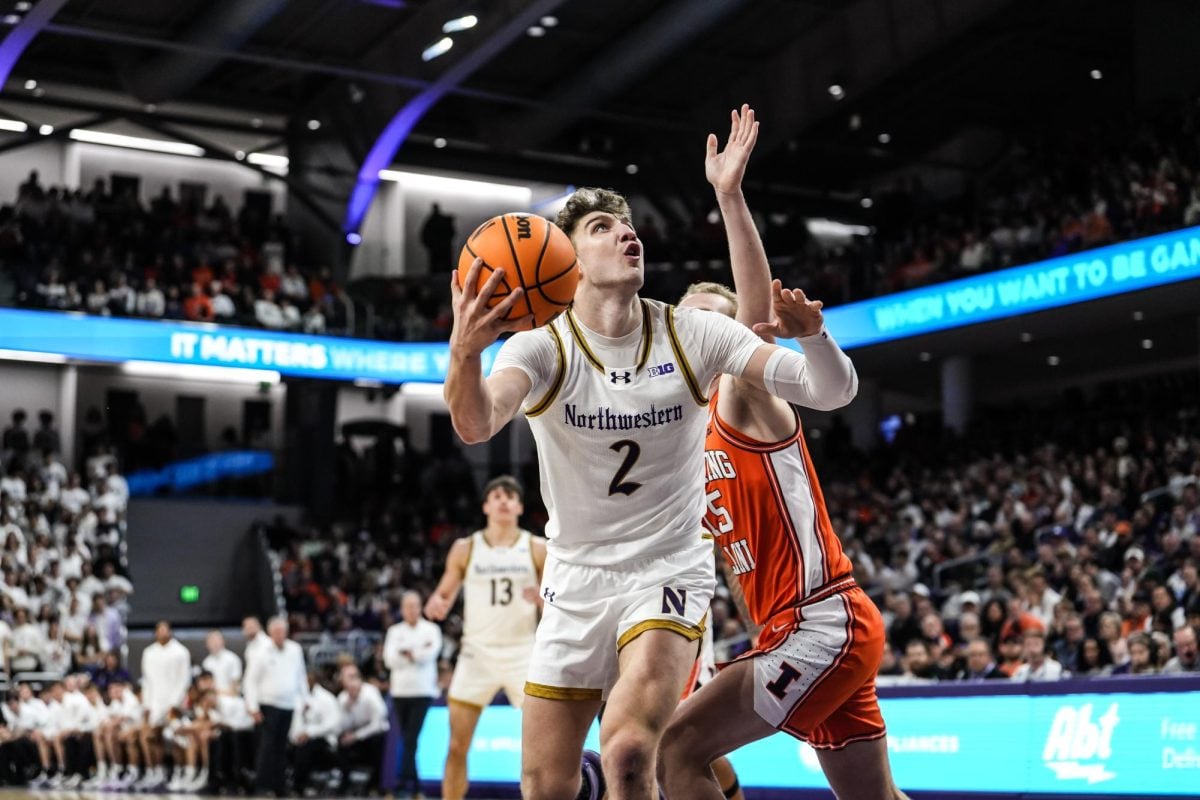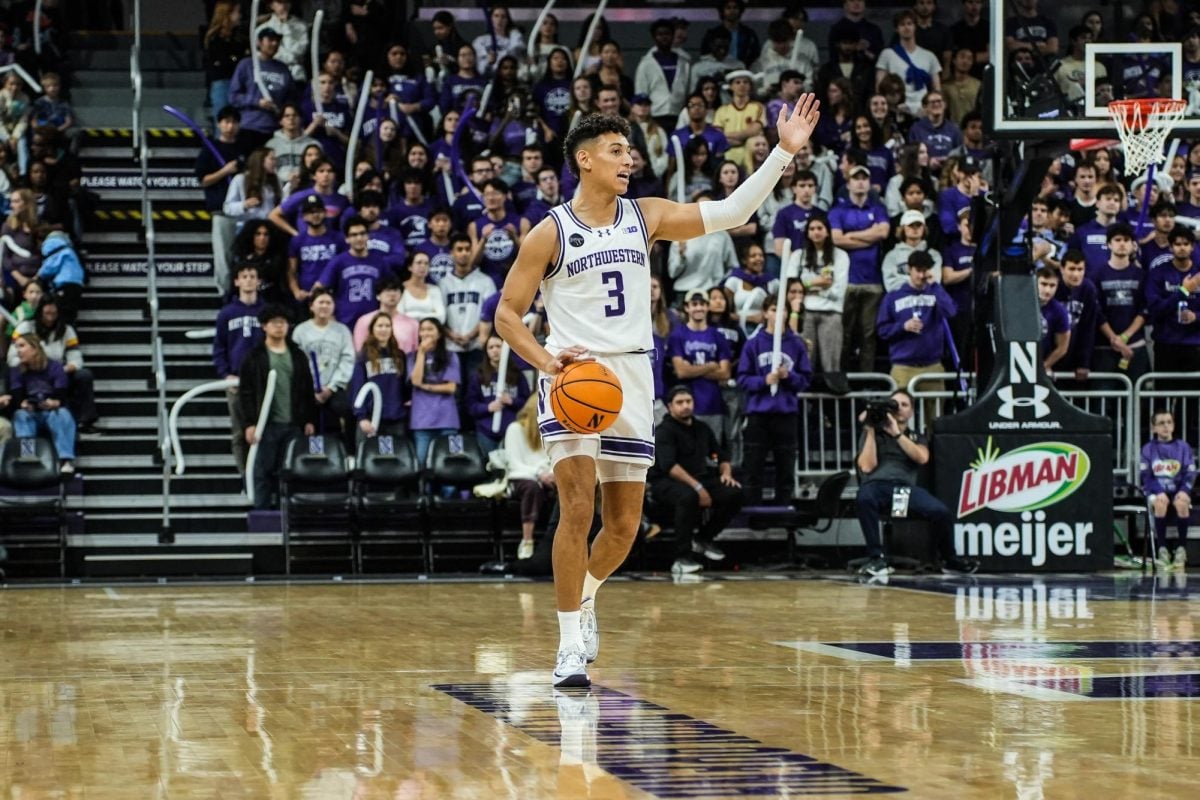This year’s incoming freshmen class took part in a redesigned Student Body True Northwestern Dialogue during Wildcat Welcome. The modifications to the program come after about three years of criticism from both students and peer advisers who shared a common sentiment that the TND was disrespectful to the topic of sexual violence prevention.
The Student Body TND is designed to introduce students to the Center for Awareness, Response and Education and its resources, and provide a comprehensive sexual health and prevention dialogue. The TND touches on healthy relationships, consent, violence prevention and bystander intervention.
Saed Hill, assistant director of prevention and masculine engagement at CARE, said he received “overwhelmingly positive” feedback from students on the TND.
“Overall, I’m really proud of the work that we did this year,” Hill said. “A lot of the feedback I received was how emotional the production really was for students and how it felt really beautiful to many students how survivorship was portrayed.”
The Student Body TND is typically conducted in person as a theater production. It changed to a video presentation in 2020 and 2021 due to the COVID-19 pandemic, which Hill said students did not resonate with. The class of 2027 was the first group of students since the pandemic to experience a full theater-production style TND once again.
Saed said because violence is often intellectualized and approached from an analytical perspective, using theater allows students to be part of the experience of understanding relationships and have an emotional response to these topics.
Writer and director of the TND Nik Zaleski said previous students took issue with the use of humor in the online production.
“The ways in which actors are able to feel audiences and respond to them live just wasn’t possible on a pre-recorded piece, so humor landed honestly pretty offensive to students,” Zaleski said. “They felt like the piece wasn’t taking sexual violence prevention seriously enough, which I deeply respect and honor. So our effort this year was to update the piece to the contemporary needs and concerns of students.”
Both Sexual Health and Assault Peer Educators and Masculinity, Allyship, Reflection, Solidarity were involved in the feedback and design process of the production along with CARE, PAs and any students who wanted to participate as actors.
Zaleski said changes included centering the experiences of survivors and being more discerning and caring in the use of humor. She said having difficult conversations requires some access to joy, so incorporating lightness into the piece was a priority.
“I’ve been most relieved and satisfied to hear from survivors saying they felt much more seen and celebrated in the piece and that people had the experience of not just understanding sexual assault, but actually feeling and embodying it,” Zaleski said. “There’s something about art, storytelling, movement (and) people having real conflict on stage that helps us to have a kind of movement in our own hearts.”
Weinberg freshman Franke Gordon said he found the Student Body TND to be a helpful guide on resources available to students and how to have conversations about heavy or awkward topics.
Gordon said while he was slightly skeptical going into the performance, he would consider it a success.
“I thought it actually did a pretty good job of creating an engaging narrative,” Gordon said. “I didn’t know how they would be able to work the topic into a performance, but I would describe it as quite informative for what it was.”
Email: [email protected]
Twitter: @ellajeffriess
Related Stories:
— Some students criticize Wildcat Welcome sexual health programming
— “Dub Dub Love”: Wildcat Welcome reimagined for virtual format







